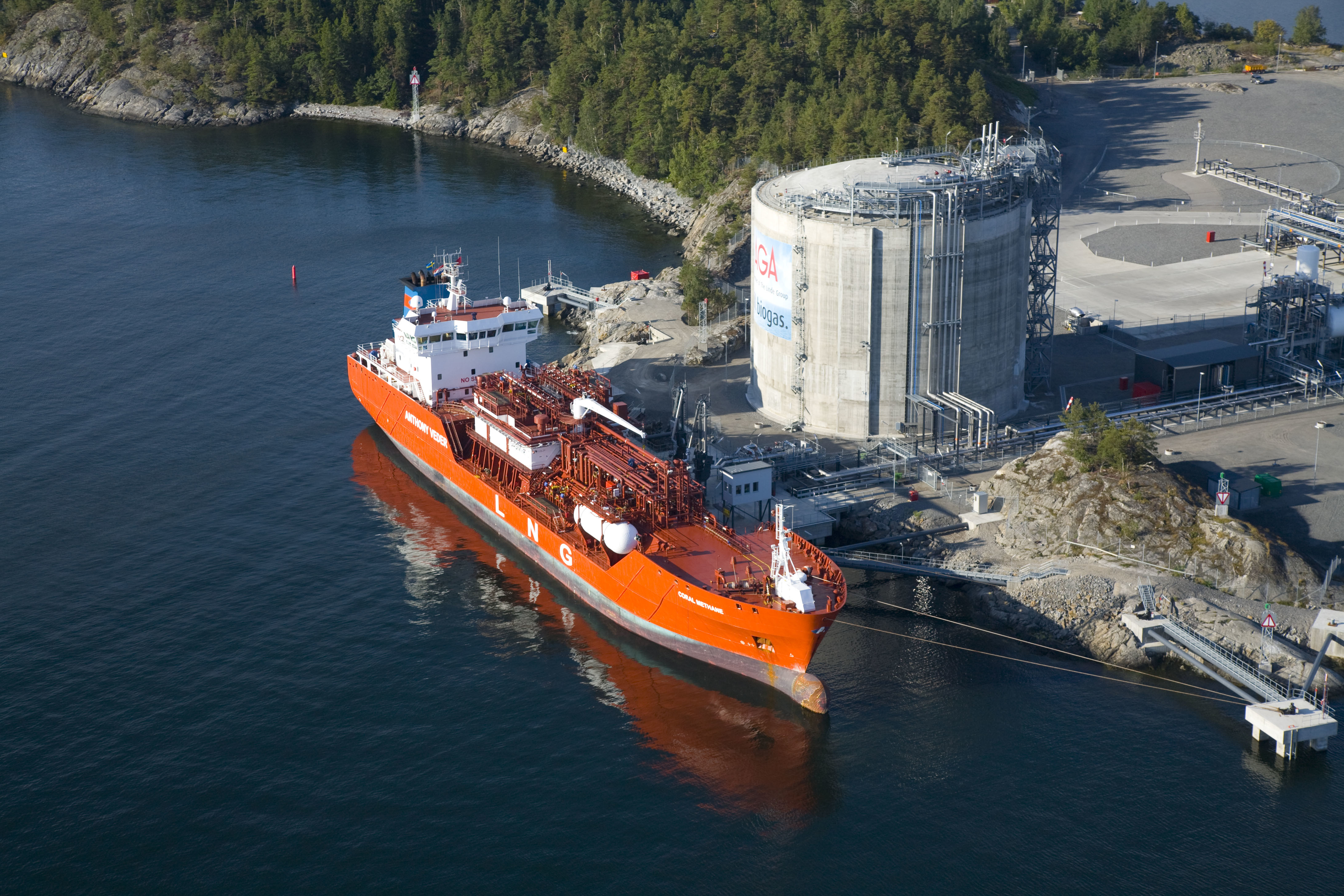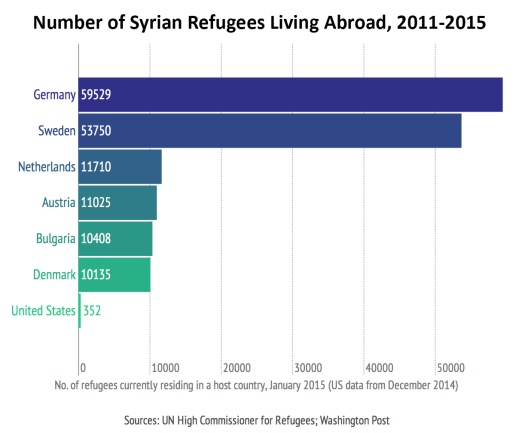Royal Dutch Shell has concluded acquisition talks with liquefied natural gas (LNG) producer British Gas (BG), the UK’s third-largest energy company, increasing its annual gas output above the combined output of its nearest competitors, Chevron and ExxonMobil. The GBP47 billion purchase will give Shell access to lucrative projects in Australia and Tanzania, while the biggest windfall will come from BG’s Brazil operations, whose output is expected to quadruple in the next five years. After the deal, estimates indicate that Shell will sell up to 50 million tons of LNG annually by 2020, slightly less than the annual domestic consumption of Ukraine and Poland combined.

